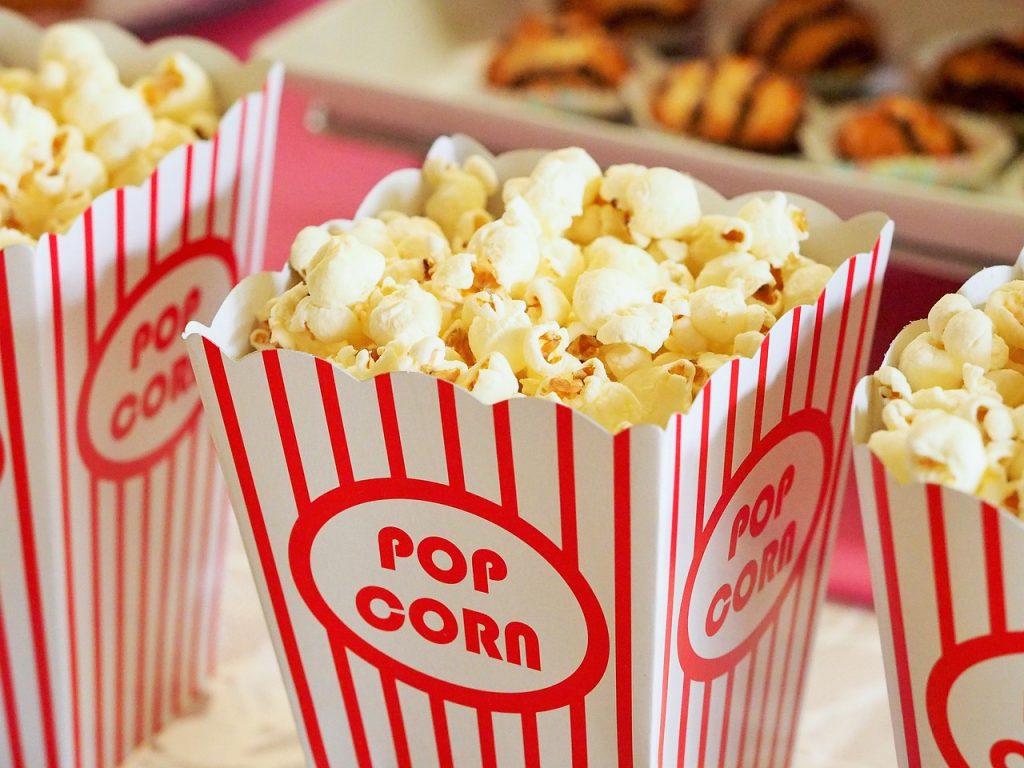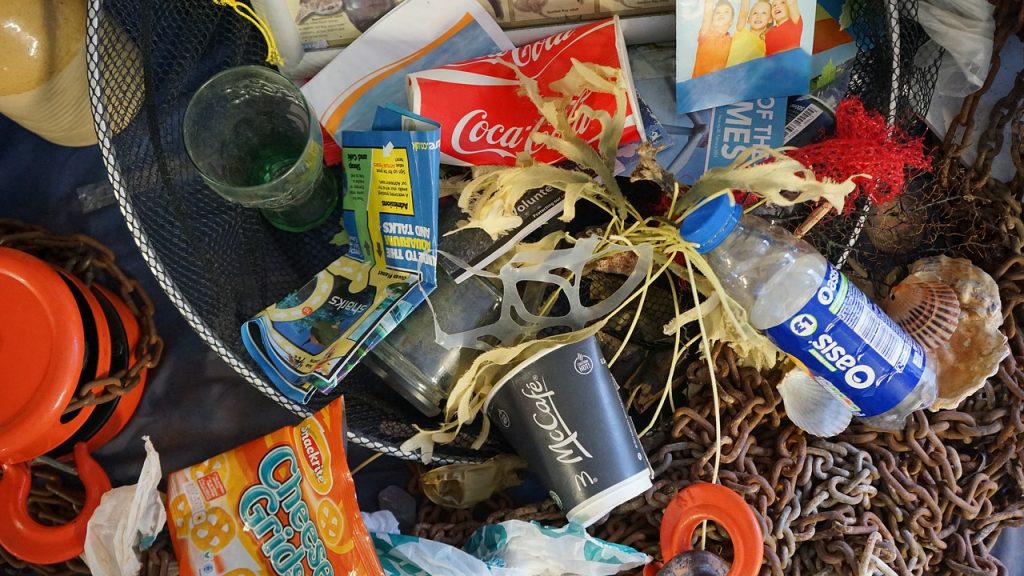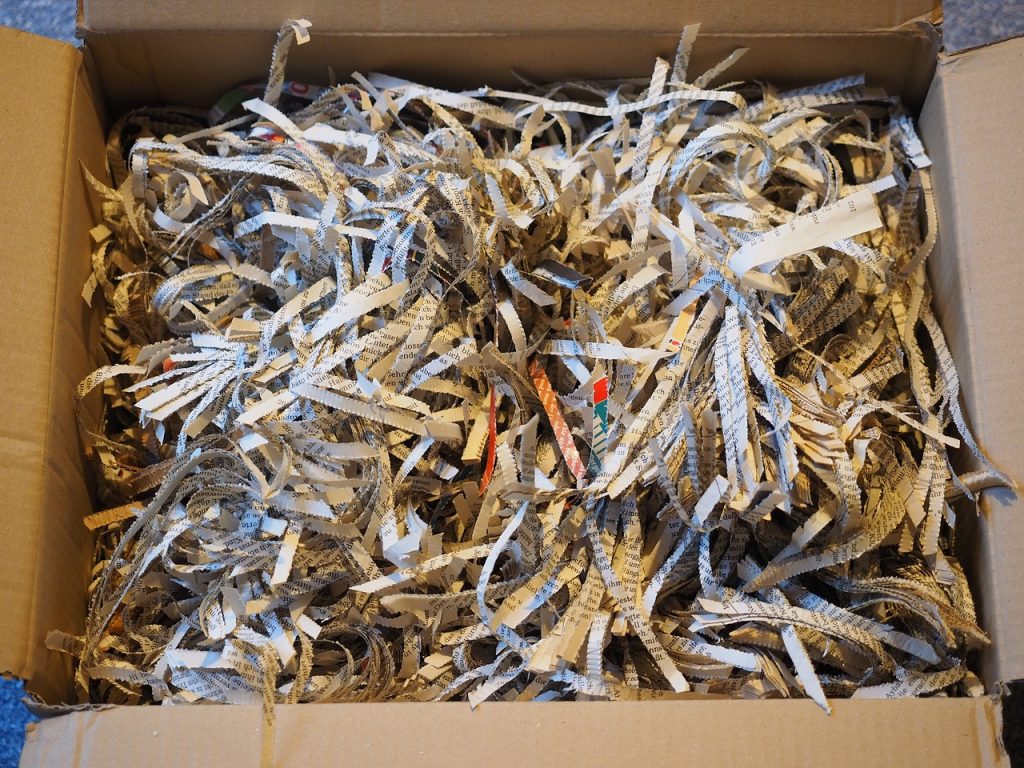- Empty your cartons.
- If it’s a milk carton or similar, consider rinsing.
- Squash the carton flat.
- Don’t remove the cap; it aids in recycling.
- Understand that coated cartons are recyclable.
- Strip the coating if required.
- Distinguish between recyclable and non-recyclable cartons.
- Repurpose non-recyclable cartons creatively.
Understanding Coated Paper Carton
Coated paper cartons are commonly used in packaging, given their benefits. But, what is a coated paper carton? It’s a carton made from paper materials, with a protective coating. This coating enhances the carton’s functionality, hence why coating is used in paper cartons. Understanding how to recycle these coated paper cartons is crucial due to their prevalence. Although not all cartons are recyclable, many are, making recycling methods diverse. With knowledge and effort, we could significantly lessen our negative ecological impact.
What is Coated Paper Carton?
Coated paper cartons are a common type of packaging material used in various industries. These cartons are made of paper but given a coating to increase its durability, making it more resistant to moisture and other possible damages. The coating on the carton also gives it a shiny finish, enhancing its visual appeal. However, it’s important to understand how to properly recycle these coated paper cartons, as the coating can complicate the paper recycling process.
Why is Coating Used in Paper Cartons?
Coating is used in paper cartons for various reasons. Mainly, it’s to enhance the carton’s durability, making it a popular choice for packaging. The coating enhances the carton’s protective feature, ensuring the products inside stay safe. Moreover, coated cartons have a better aesthetic appeal than non-coated paper cartons. They’re also recyclable, underlining the importance of understanding different carton recycling methods. So, when you’re discarding your coated paper cartons, remember they hold significant recycling potential.
The Importance of Recycling Coated Paper Cartons
Recycling coated paper cartons is pivotal for any recycling program. By learning how to handle waste, particularly cartons, we’re positively impacting our environment. The environmental benefits of recycling cartons are numerous, ranging from saving energy to reducing landfill space. Moreover, this recycling program is cost-effective. With comprehension of the recycling methods for various cartons, and knowing which are recyclable, we can extend the lifecycle of resources. So, understanding how recycling can benefit us is vital in spreading awareness about the significance of such programs.
Environmental Benefits of Recycling Cartons
Recycling cartons is crucial due to the environmental benefits it offers. When cartons are recycled, not just once but over multiple cycles, waste is reduced significantly. This recycling method helps conserve natural resources, thus lessening environmental impacts. Even coated paper cartons, which might appear tricky to recycle, can be effectively recycled. So, it’s pivotal that we fully grasp how to recycle these coated paper cartons and contribute to an eco-friendly world. Remember, every carton recycled counts towards better environmental health.
Cost-Effectiveness in Carton Recycling
Recycling isn’t just environment-friendly, it’s also a cost-effective business method. When we recycle cartons, particularly coated paper cartons, we encourage a more sustainable business model. Through recycling, we transform these cartons back to their reusable state. It’s about turning a once-used carton into a reusable resource. So, yes, recycling isn’t just about saving the environment, it’s also about creating a sustainable, recycled product that’s cost-effective for your business. In short, recycle, because it’s good for the environment and your business.
Step-by-Step Guide to Recycling Coated Paper Cartons
Learning how to recycle, especially with coated paper cartons, can be daunting. The Carton Council can help you navigate common recycling methods and understand the process of preparing your cartons for recycling. This includes the use of a ‘tab fort’ to contain the mixed paper materials and ‘tab police’ to oversee sorting. Recycling effectively is crucial, both for its environmental benefits and cost-effectiveness in carton recycling.
Preparing Your Cartons for Recycling
Here’s how to prepare your cartons for recycling. Initially, you’ve to empty your cartons. If it’s a milk carton, or similar, consider rinsing. Squash it flat, don’t remove the cap; it helps recycle the carton properly. Avoid the misconception that coated cartons aren’t recyclable. Indeed, they are! Whether it’s a juice, milk, or soup carton, they all qualify. Presently, recycling techniques have improved, making it cost-effective. So, don’t let those cartons go to waste! Learn the art of recycling and contribute to our environment’s welfare.
Common Recycling Methods for Coated Cartons
Understanding common recycling methods for coated cartons can seem complicated, but it’s really not that tricky. The Carton Council has made it easier by setting rules so we don’t become “tab police.” When you recycle these cartons, first, you have to strip the coating. This is essential in maintaining recycling’s cost-effectiveness. It’s crucial to remember not all cartons can be recycled, yet the environmental benefits of recycling those that can are massive.
Distinguishing Between Recyclable and Non-Recyclable Cartons
In order to recycle cartons effectively, you must distinguish between recyclable and non-recyclable cartons. Identifying the recyclable carton types is key. Some cartons are coated with a thin film that unfortunately makes them non-recyclable. Understand what to do with these non-recyclable cartons to minimize their impact. Uncoated or lightly coated paper cartons are typically recyclable. Use these tips to recycle cartons conscientiously, helping our environment and advancing cost-effectiveness in carton recycling.
Identifying Recyclable Carton Types
The first step in recycle cartons is identifying recyclable carton types. Not all cartons are recyclable; differentiation’s key in successfully recycling carton types. It’s essential for you to understand the distinctive features of these cartons to ensure efficient recycling. Coated paper carton is a common recyclable material. This knowledge not only assists in effective recycling, but also contributes to environmental benefits from recycling cartons. This understanding fosters cost-effectiveness in carton recycling.
What to Do with Non-Recyclable Cartons
So, what do you do with non-recyclable cartons? Despite their lack of suitability for traditional recycling routes, there are still eco-conscious ways to handle these cartons. Be inventive! Reuse these cartons in art projects or for storage. When this isn’t possible, try to purchase items that aren’t wrapped in non-recyclable cartons. Say ‘no’ to waste and opt for cartons that can be readily recycled without complication.
Fun Ways to Repurpose Coated Paper Cartons
Discover fun ways to repurpose coated paper cartons at home. Engage kids in carton recycling activities, such as DIY projects using old cartons. It’s a creative way of introducing them to the essential home and food services tied to recycling. Transform these cartons into innovative food containers or playful structures. Remember, not all cartons are recyclable, but with a bit of creativity and imagination, you’ll have fun and contribute to recycling.
DIY Projects Using Old Cartons
If you’re the crafty type, you can create innovative DIY projects using old cartons at your home. From fashioning toy houses to storage bins, cartons can become functional items. With a spark of creativity, they can even be turned into home decor or food containers. These homespun creations not only add a charming touch to your home but also promote sustainable habits. It’s a perfect way to repurpose non-recyclable cartons while reducing waste, encouraging you to transform trash into treasure.
Engaging Kids in Carton Recycling Activities
Tutorial services can create fun, engaged kids’ activities for learning about carton recycling. These services often use food cartons, demonstrating how to identify recyclable types and handle non-recyclable ones. Hand’s on activities with food cartons not only educate kids about recycling methods for coated paper cartons but also inspire them to adopt eco-friendly habits. With a practical approach in a fun environment, services that specialize in carton recycling activities can make a significant impact on our future generations.




